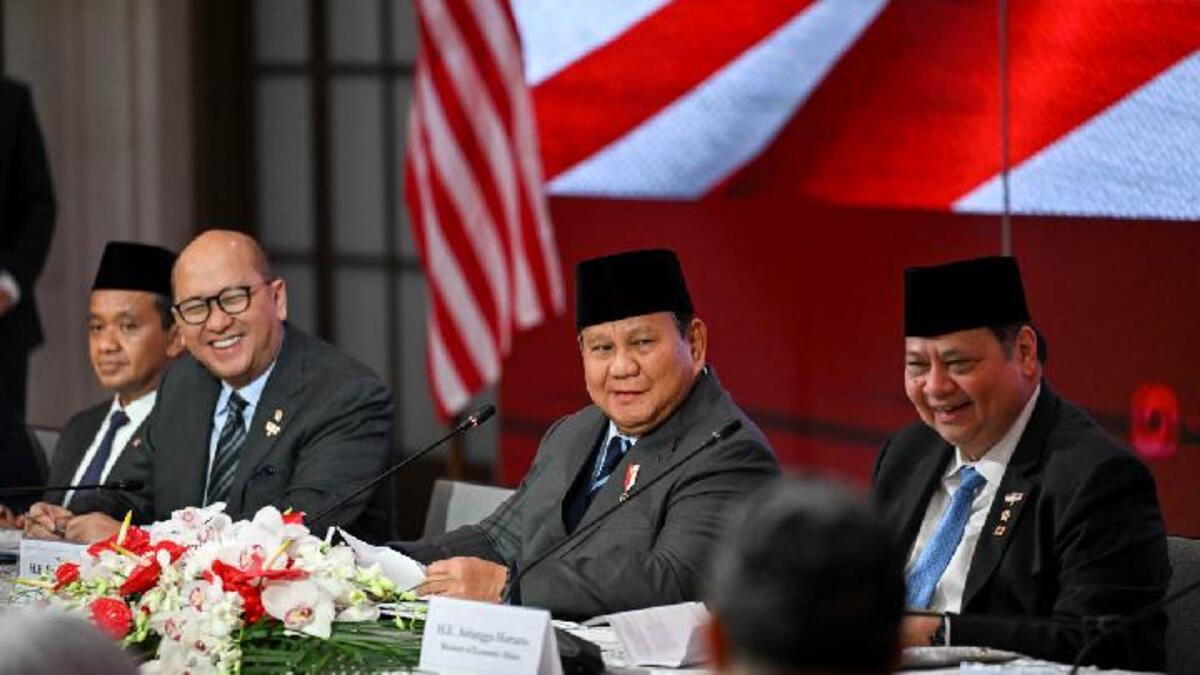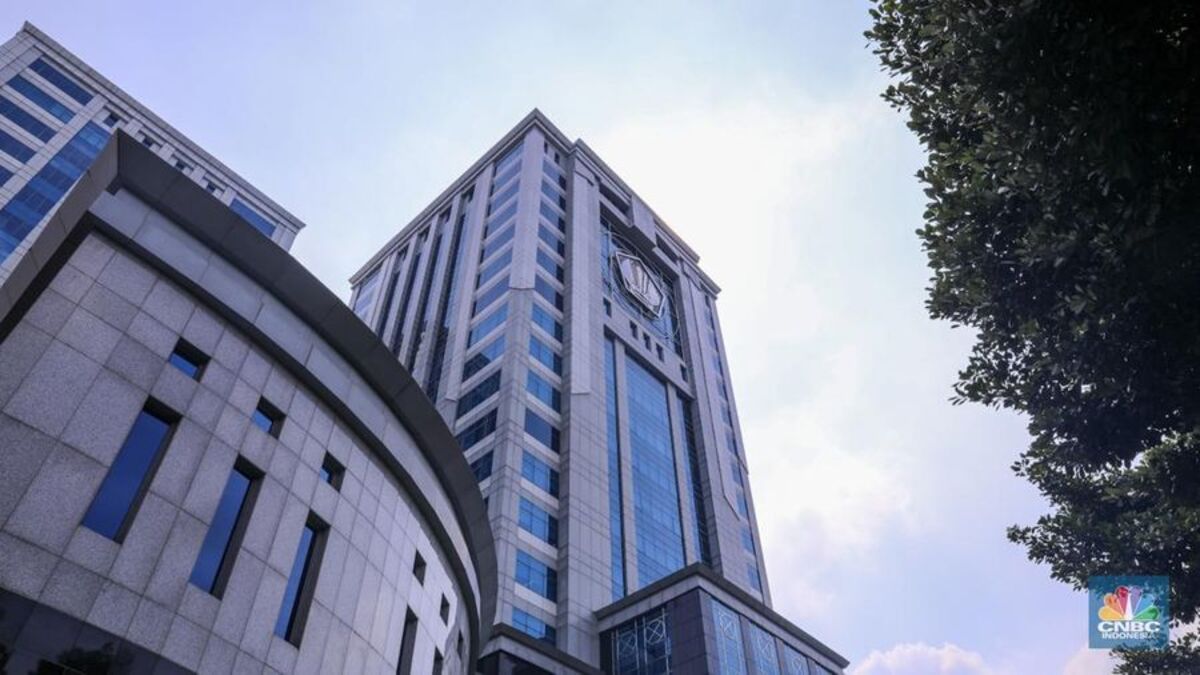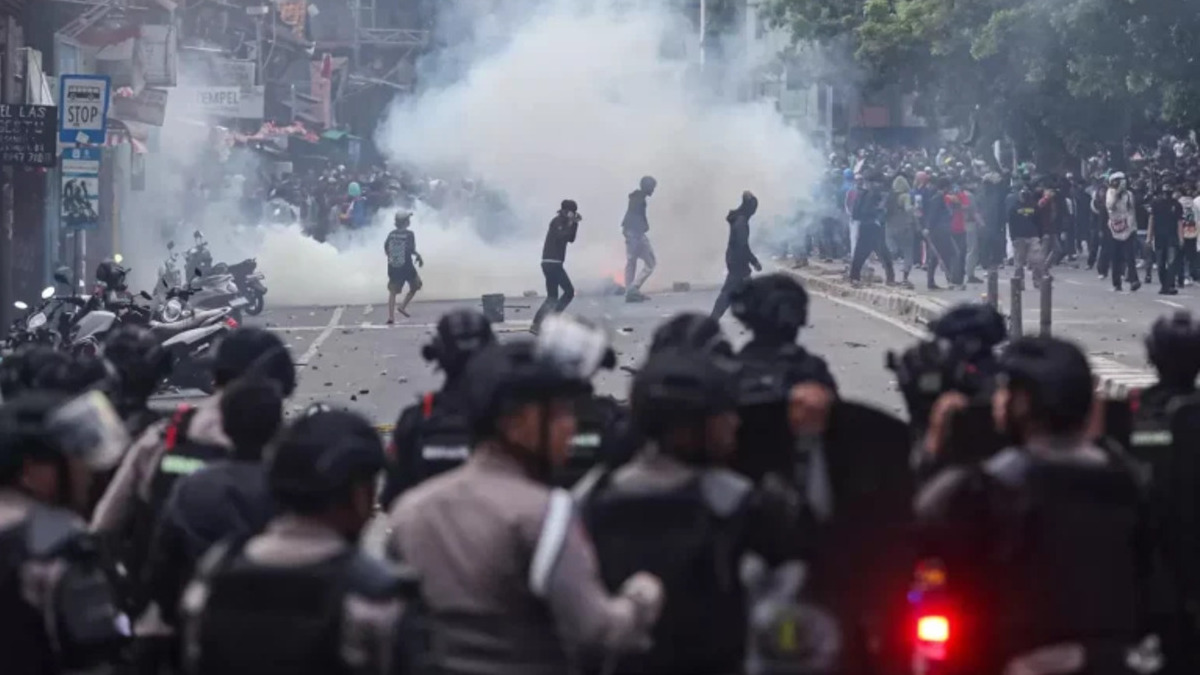Indonesia reviews proposal to grant amnesty to ex-JI members, political detainees, and others
Indonesia is considering a broad amnesty plan covering drug users, minor ITE Law violators, former JI members, political detainees, and vulnerable inmates, with officials emphasising humanitarian and national reconciliation principles.

- Indonesia is examining a proposal to grant amnesty to low-level drug users and individuals convicted under the ITE Law.
- Officials say the move aims to ease prison overcrowding and refocus enforcement on serious offences.
- Civil society groups welcome the discussion but warn that safeguards and clear criteria are essential.
Indonesia is examining an expansive proposal to grant amnesty, abolisi, and rehabilitation to several categories of offenders, extending beyond drug users and ITE Law violators.
The proposal includes former Jamaah Islamiyah (JI) members, political detainees, and other individuals assessed under humanitarian and justice considerations.
According to officials familiar with the discussions, the plan is part of a broader reassessment of national legal policy and prison management pressures.
A minister-level meeting chaired by the Minister for Law, Human Rights, Immigration and Corrections, Yusril Ihza Mahendra, set the framework for assessing potential beneficiaries.
The session involved senior representatives from the Coordinating Ministry for Political and Security Affairs, the Attorney-General’s Office, the National Police, the Ministry of Law, the Ministry of Home Affairs, BNPT, BNN, and the Ministry of Immigration and Corrections.
According to details shared after the meeting, officials reviewed a preliminary list of groups that may be considered for amnesty.
They include former JI members who have renounced violence, political detainees, and individuals in other categories whose cases have remained unresolved.
Yusril told reporters on 13 November 2025 that the government must proceed carefully to ensure only eligible individuals receive state clemency.
He reiterated that amnesty and abolisi apply to individuals rather than organisations, underscoring the need for detailed case assessments.
Yusril said humanitarian considerations, justice, and national reconciliation form the core criteria guiding deliberations over who should receive state forgiveness.
He noted that the government is also examining legal certainty for individuals who have remained in suspect status for extended periods without progress in their legal processes.
The Ministry of Law has proposed four principal categories for amnesty consideration.
These include drug users, individuals accused of non-violent makar offences, violators of the ITE Law involving online insults against the president or head of state, and vulnerable inmates such as those with severe mental health conditions, intellectual disabilities, chronic illnesses, or aged over 70.
Officials continue to review the categories, and there is currently no final government decision on who will receive clemency.
Yusril emphasised that any amnesty or abolisi must rest on humanitarian grounds, national security considerations, and legal certainty, while ensuring fairness for victims.
He described the process as part of a wider legal consolidation effort and a step towards national reconciliation.
Indonesia’s discussion on amnesty for drug users and minor ITE Law offenders overlaps with the broader review of the criminal justice system.
Officials say the reform aims to ease prison overcrowding and redirect resources toward serious crimes, including large-scale narcotics networks, cybercrime, and corruption.
According to earlier briefings by justice officials, Indonesia’s prisons remain significantly overcrowded, with drug-related cases forming a substantial portion of the inmate population.
Most drug arrests involve users or small-scale offenders rather than major traffickers, according to data from the National Narcotics Agency.
Reported by local news media detik news, the head of BNPT, Commissioner-General Eddy Hartono, highlighted the need for careful consideration in granting amnesty or abolisi to individuals linked to terrorism cases.
He said that despite notable changes in attitude among former JI members, strict adherence to Law Number 5 of 2018 remains essential.
Eddy stated that the state’s role includes both punishment and restoration, noting that since 2024 authorities have gathered all JI amirs, who have declared renewed loyalty to the state.
He added that assessment mechanisms must account for both security risks and the potential for reintegration.
In parallel, the head of the National Narcotics Agency, Commissioner-General Suyudi Ario Seto, emphasised the importance of distinguishing major drug traffickers from minor offenders.
He said that members of large narcotics syndicates would not qualify for amnesty or abolisi under any circumstances.
Suyudi expressed support for the possible inclusion of small-scale distributors and users who are not part of major networks, provided they have shown good faith and do not re-offend.
The broader discussions on the ITE Law follow long-standing debates regarding the law’s application to defamation and online expression.
Digital rights groups argue that certain clauses have been applied disproportionately, leading to cases that may be inappropriate for criminal sanction.
Officials involved in the review say limited amnesty for minor ITE Law offences could help restore public trust while allowing the government to refine enforcement guidelines.
Legal experts emphasise that any amnesty framework must include clear definitions, transparent processes, and robust communication so that law enforcement agencies apply criteria consistently.
Analysts also note that while amnesty may relieve immediate pressures, it should be accompanied by longer-term reforms to prevent recurrence of contentious cases.
Political reactions remain mixed, with some legislators supporting efforts to reduce overcrowding and address humanitarian concerns, while others caution against actions that could be perceived as weakening deterrence.
Economists observing the debate point to rising correctional facility costs, which have placed further pressure on policymakers to consider alternative approaches.
Observers say the government is attempting to balance security considerations with justice and humanitarian principles as it evaluates the clemency plan.
Officials expect further consultations across ministries, security agencies, and civil society before any final decision is made.
Public engagement is also anticipated, given the wide-ranging legal and social implications of the proposed policy changes.







